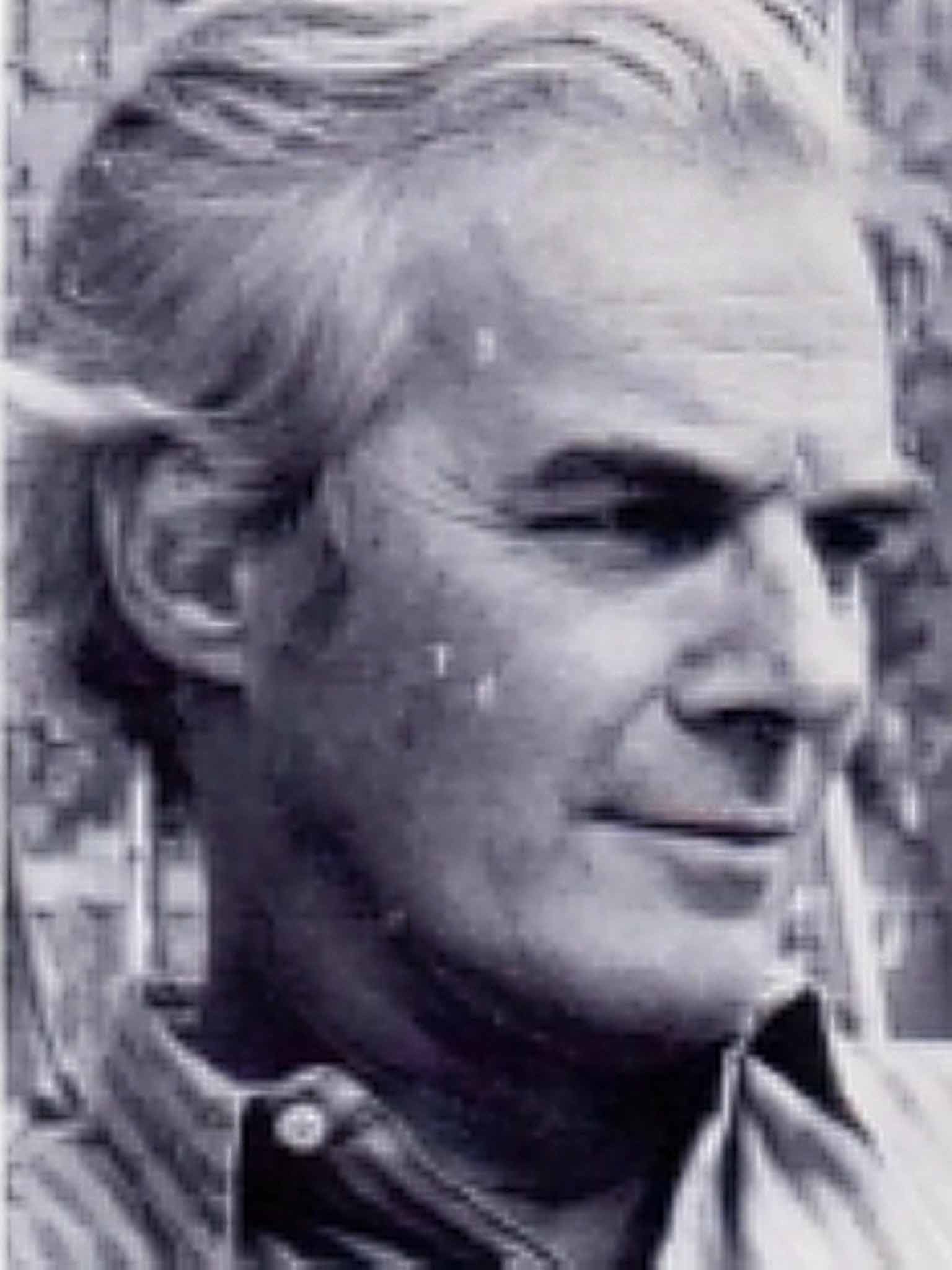Howard Smith: Television producer who made acclaimed series on such subjects as Ireland, India and the Cold War
After he left the BBC he became a senior lecturer at the University of Leeds and played an important role in setting up its BA in Broadcasting Studies

Howard Smith was a man who fitted the description of "tall, dark and handsome" very well. He was much more than that: a choral scholar at Winchester School, a platoon commander with the Royal Hampshires in Malaya who afterwards got a First in history at Cambridge, acted and directed in Footlights, became a graduate trainee at Courtaulds and finally found his métier when he joined the BBC in 1962.
At the BBC he spent his whole career in the Further Education, later Continuing Education, department. This may sound a worthy and dull corner of the BBC, but the series he made were not dull. At least one was very timely: the 10-part Ireland was made as the British public reacted with bewilderment to the urban violence in Northern Ireland which dominated television news bulletins in the early 1970s. The series and an accompanying book, written by Smith, was well received in both the North and the Republic.
A colleague, Giles Oakley, who did the film research for Ireland, remembered, "I watched Howard at work in the cutting room with fascination, putting together the 10 films, drawing on the archival material I had selected together with specially shot interviews and other material. He used his sense of humour as a binding element, making everyone feel part of the editing process, but also as a way of lightening the mood when sequences weren't quite working."
Oakley recalled working with him on two other significant programmes. "Both were pioneering. Television and Society included a programme in which Professor Stuart Hall unpicked the underlying messages within television news; and in another Professor Anthony Smith analysed the BBC television coverage of Northern Ireland in the years building up to the Troubles, fearlessly showing how poor the output been in the 1950s and '60s – to the extent that the mainland public could have had little idea that there were troubles ahead."
A whole line of significant series followed, including one on the Cold War and another showing how cinema newsreels had been used for propaganda purposes. Smith took on with aplomb big, complex modern history projects, including series on the Middle East, India and Japan. I worked with him on a programme on electoral reform in the mid-1970s; I remember his ability to understand the complexities of alternative voting systems and our mutual enjoyment of cans of Fosters at a Test match at Lords. Smith loved cricket.
He was born in 1934 of Staffordshire and Yorkshire stock. His paternal grandfather was a butler and then a dining car conductor on the GNR's Flying Scotsman. His maternal grandfather, Wilfred Wilkinson, came from a modest family but was bright enough to become a pupil teacher and eventually a Primitive Methodist minister.
Smith's father, Ted , worked his way up to become a chartered accountant; his wife Edna was a domestic science teacher and Howard was their first child. They lived in Upminster, so Howard and his younger sister Valerie were evacuated to the Cotswolds during the early part of the Second World War. His family finally settled in Winchester, where Smith's good voice and academic ability won him his choral scholarship to the local public school.
National Service claimed him after school and he spent his two years in Germany and then Malaya, where he was a platoon commander. Another scholarship followed, this time to Cambridge, where he was in Footlights and got a First – not a combination very easily achieved.
Graduates were much in demand in the late 1950s and early 1960s, so he was hired by Courtaulds and began to learn the textile business. In 1958 he married Jane Howes and they had three children, Matthew, Adam and Eleanor. They divorced in 1984. He married Patsy Morgan in 1985, but this also ended in divorce.
Back in the 1970s Smith had worked with a producer called Marion Allinson. Twenty years later they met again and formed a partnership which lasted happily till his death. They lived near Skipton in Yorkshire in a delightful stone house with a garden in which Howard did the donkey work and Marion the horticulture.
Smith had gone north after he left the BBC to become a senior lecturer at the University of Leeds, and played an important role in setting up the BA in Broadcasting Studies at the university. His colleagues say that he gave his advice and support unstintingly as a personal tutor. Smith died of renal cancer in a Sue Ryder hospice in Oxenholme. On the day of his funeral Leeds University flew its flag at half-mast.
John Howard Smith, television producer and teacher: born 29 March 1934; married 1958 Jane Howes (divorced 1984; one daughter, two sons), 1985 Patsy Morgan (marriage dissolved); died Oxenholme, Cumbria 2 March 2015.
Subscribe to Independent Premium to bookmark this article
Want to bookmark your favourite articles and stories to read or reference later? Start your Independent Premium subscription today.

Join our commenting forum
Join thought-provoking conversations, follow other Independent readers and see their replies